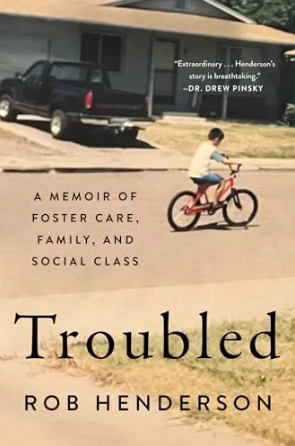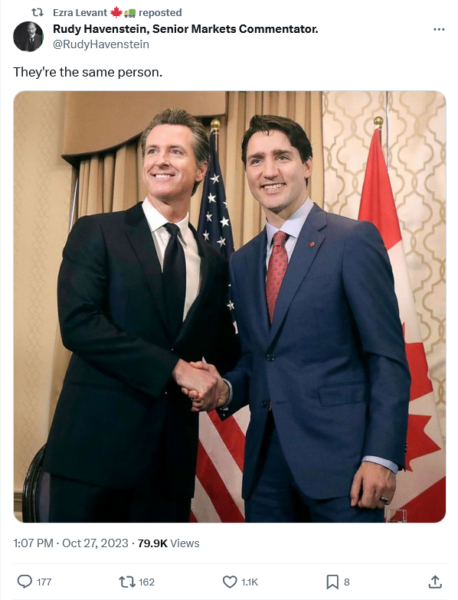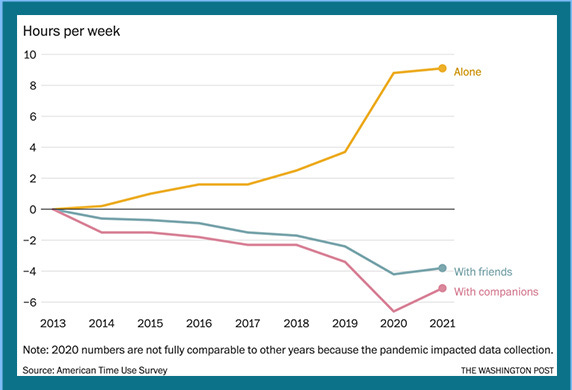At Astral Codex Ten, Scott Alexander wonders if the kind of political insanity that takes over the lives and personalities of so many Americans should qualify as a kind of mental dysfunction:
Everyone knows politics makes people crazy. But what kind of crazy? Which page of the DSM is it on?
I’m only half joking. Psychiatrists have spent decades developing a whole catalog of ways brains can go wrong. Politics makes people’s brains go wrong. Shouldn’t it be in the catalog? Wouldn’t it be weird if 21st century political extremists had discovered a totally new form of mental dysfunction, unrelated even by analogy to all the forms that had come before?
You’ll object: politics only metaphorically “makes people crazy”; we just use the word “crazy” here to mean “irrational” or “overly emotional”. I’m not sure that’s true. Here are some stray findings that I think deserve to be synthesized:
- Very smart people lose basic reasoning abilities when the topic switches to politics. This isn’t just a truism, it’s been demonstrated in formal experiments. You can give people simple math/logic problems and confirm that they get the right answers. Then you can change the wording from “five apples and eight oranges”, to “five Democrats and eight assault weapons” and these same people will flounder and say idiotic things.
- Paranoia and conspiracy theories, considered psychotic symptoms in individuals, are almost the norm in politics. Forget the people who believe that Biden/Trump/FEMA/whoever literally want to put them in camps. The coastal elites/the patriarchy/the rich/the liberal media may all be real groups with agendas different from yours, but the way some people think about them actively plotting to dismantle everything good in the world shades into paranoia (if you don’t believe this about your side, at least consider it on the other!) I’m not just making fun of other people, I find myself making this mistake constantly.
- Politics can create such strong emotions that they impair normal social functioning. People mock college students who demand trigger warnings whenever they have to listen to a conservative speaker. But I’ve talked to some of these college students and they’re not making it up — they find listening [to] a politically discordant opinion is as unpleasant as (let’s say) a claustrophobic person sitting in an enclosed space. If you’re a right-winger who feels tempted to dismiss this response, imagine having to sit through a six-week diversity training workshop and give the answers the lecturer wants or else you’ll fail. Obviously you could just fake the right answers and fly through easily, but doesn’t something about this still sound profoundly enraging and invalidating on a deep level? Enraging even beyond the level of (for example) having to fake the right answers in a class on acupuncture because you’re doing an undercover investigation or something?
- Politics can become something between an addiction and an obsession. People can spend hours every day watching cable TV or scrolling through their Twitter feeds, trying to stay abreast of the latest outrage the other side is perpetrating. To be clear, they hate this. Each time they hear another outrage they’re somewhere between dejected and enraged. But they keep doing it. For hours a day. They will justify this with claims like “I need to stay informed so I can make a difference”. Then they will forget to vote because they were tired on Election Day.
In any other situation, a condition with impaired cognition, psychotic symptoms, emotional instability that impaired normal functioning, and associated addictions/obsessions would qualify as a mental disorder. So again, which mental disorder is it?
This post is about the possibility that it might be trauma.













